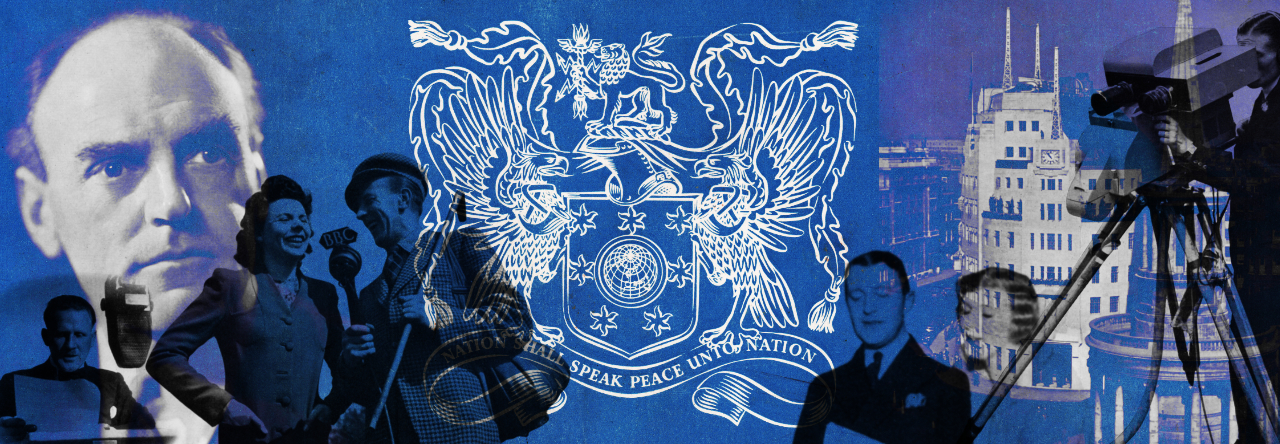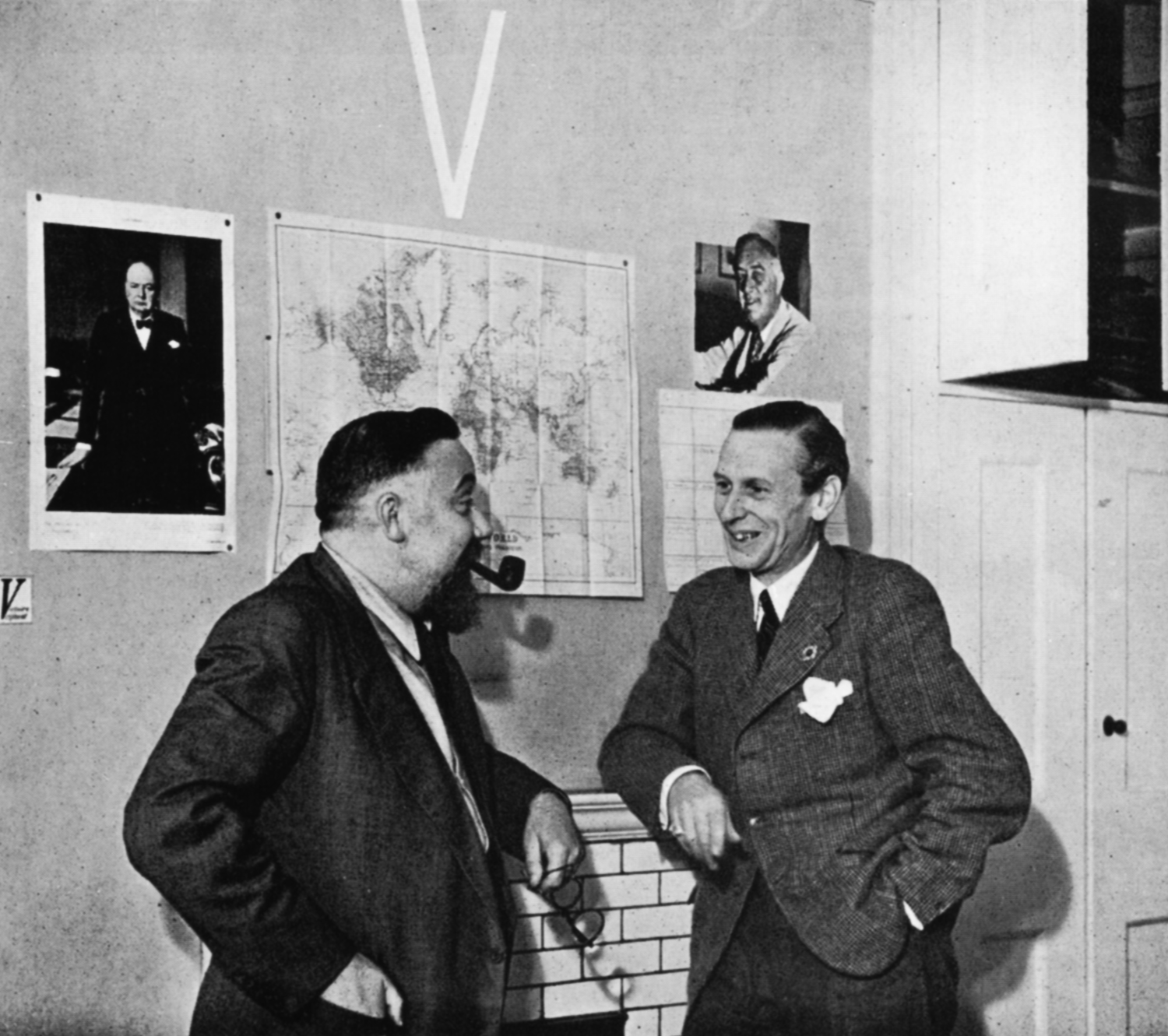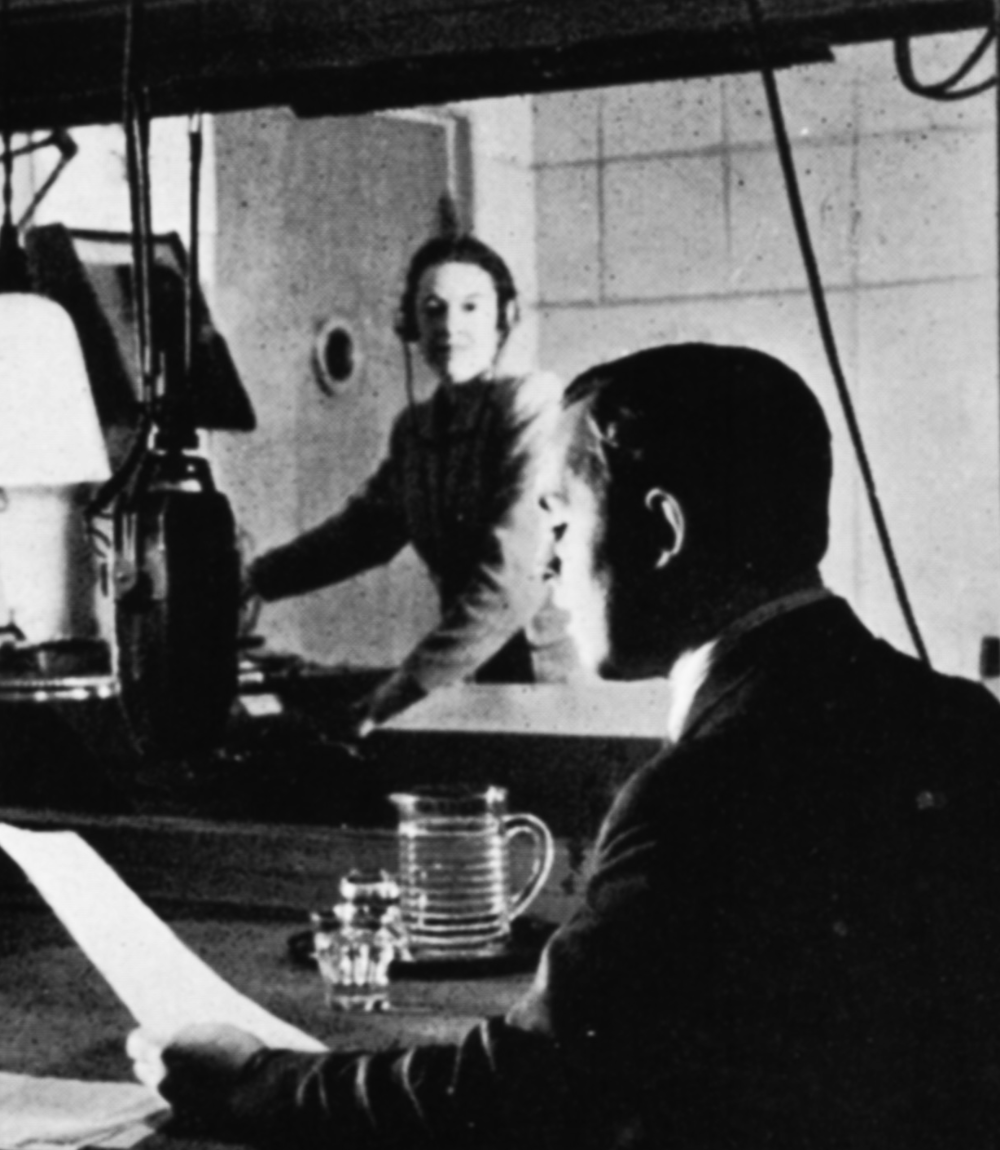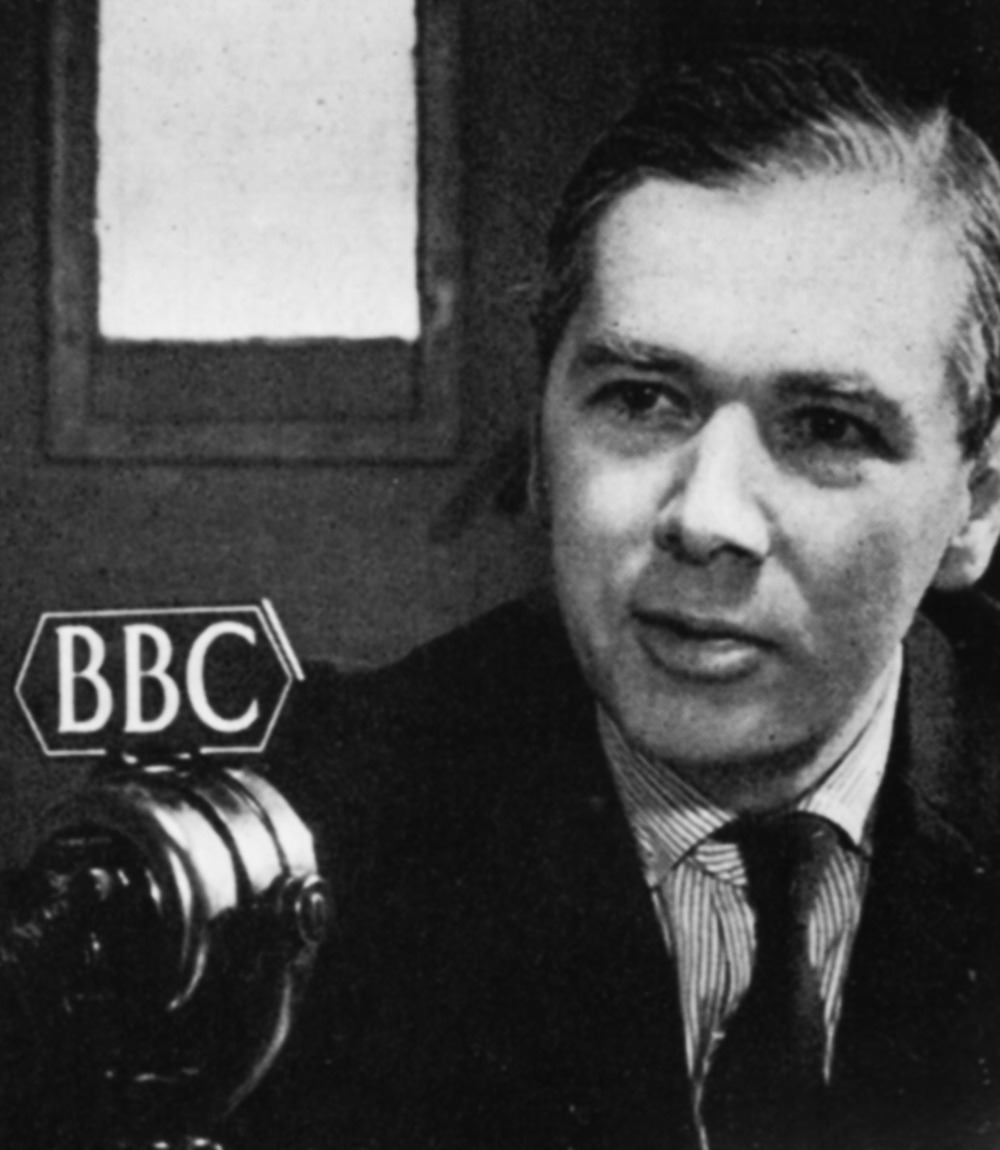Britain the stronghold
THE story of the BBC’s wartime broadcasts to Europe can be told in four chapters. There was, to begin with, the period when the European Service was groping for an audience, in the days when the remorseless Panzer divisions seemed to have set the seal on the establishment of German tyranny on the Continent. The second phase was the ‘V’ campaign, when, during the summer of 1941, the symbol spread from end to end of the occupied countries. It began simply; Victor Laveleye, Nant Geersens, and other members of the BBC Belgian section, were seeking a way to establish in this clandestine audience, a sign of recognition. They suggested the wearing of a ‘V’. Within a week the R.A.F. were greeted with the sign. It was chalked on walls and roads, tapped out in morse, flashed in lights, not only in Belgium but all over the Continent. ‘Colonel Britton’ became the voice of the ‘V’ sign. The third period was a ‘Go Slow’ campaign, in which, for the ‘V’, the tortoise sign was substituted, designed to keep production down in the mines and factories where workers were forced to labour for Germany. This emblem had great success. The secret newspapers reporting the BBC news grew in numbers and circulation. Arrests, tortures, concentration camps, the firing squad — none of these could stop the listening to London. The final phase came in 1944 when a spokesman (it was ‘Colonel Britton’) gave orders and advice to what were now well-organized resistance groups, whose part in the Allied invasion was a gallant and militarily important one. And when the armies penetrated Italy and Germany, it was discovered that there, too, the BBC had gained and kept large audiences for whom the attraction of knowing the truth had been too strong.




